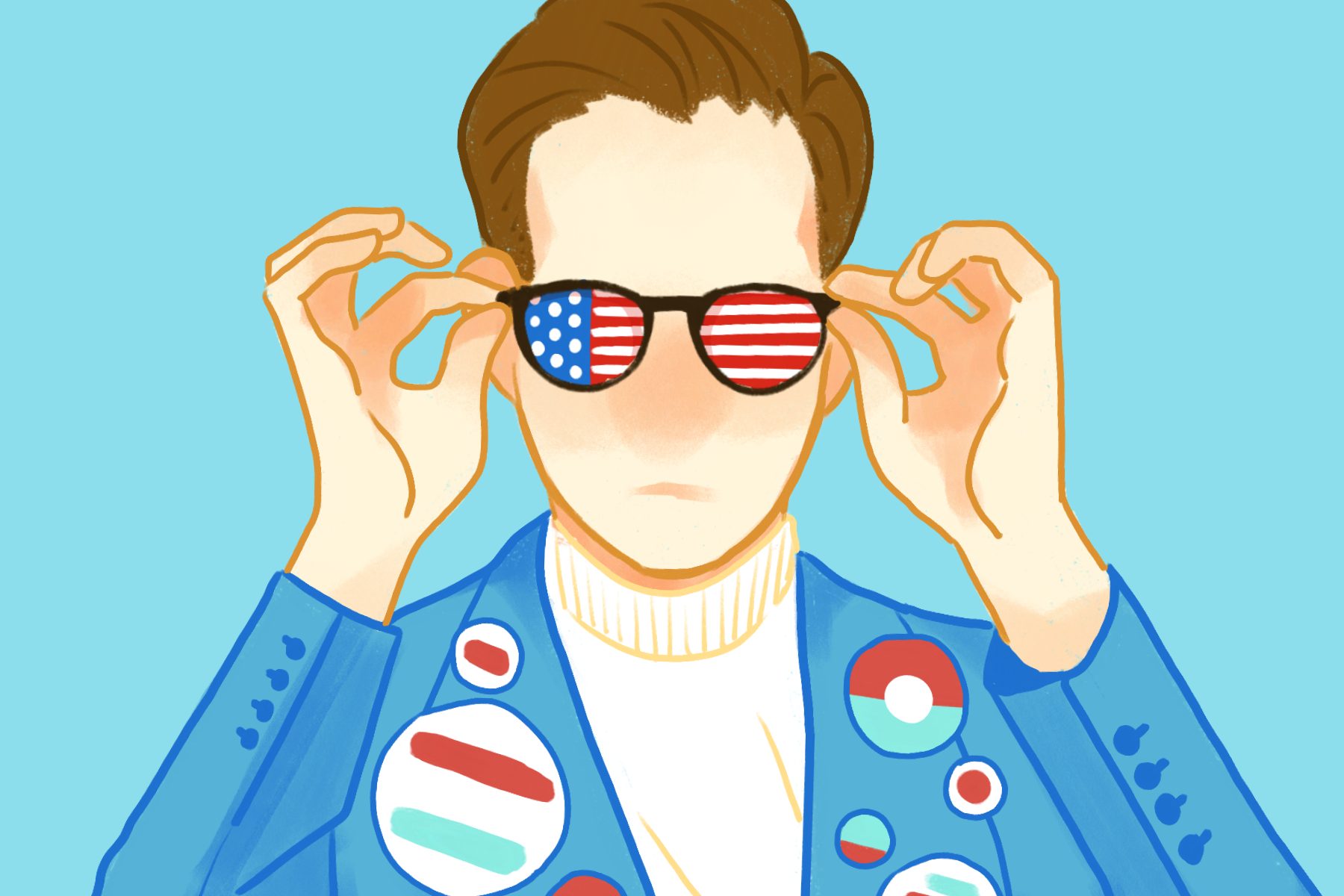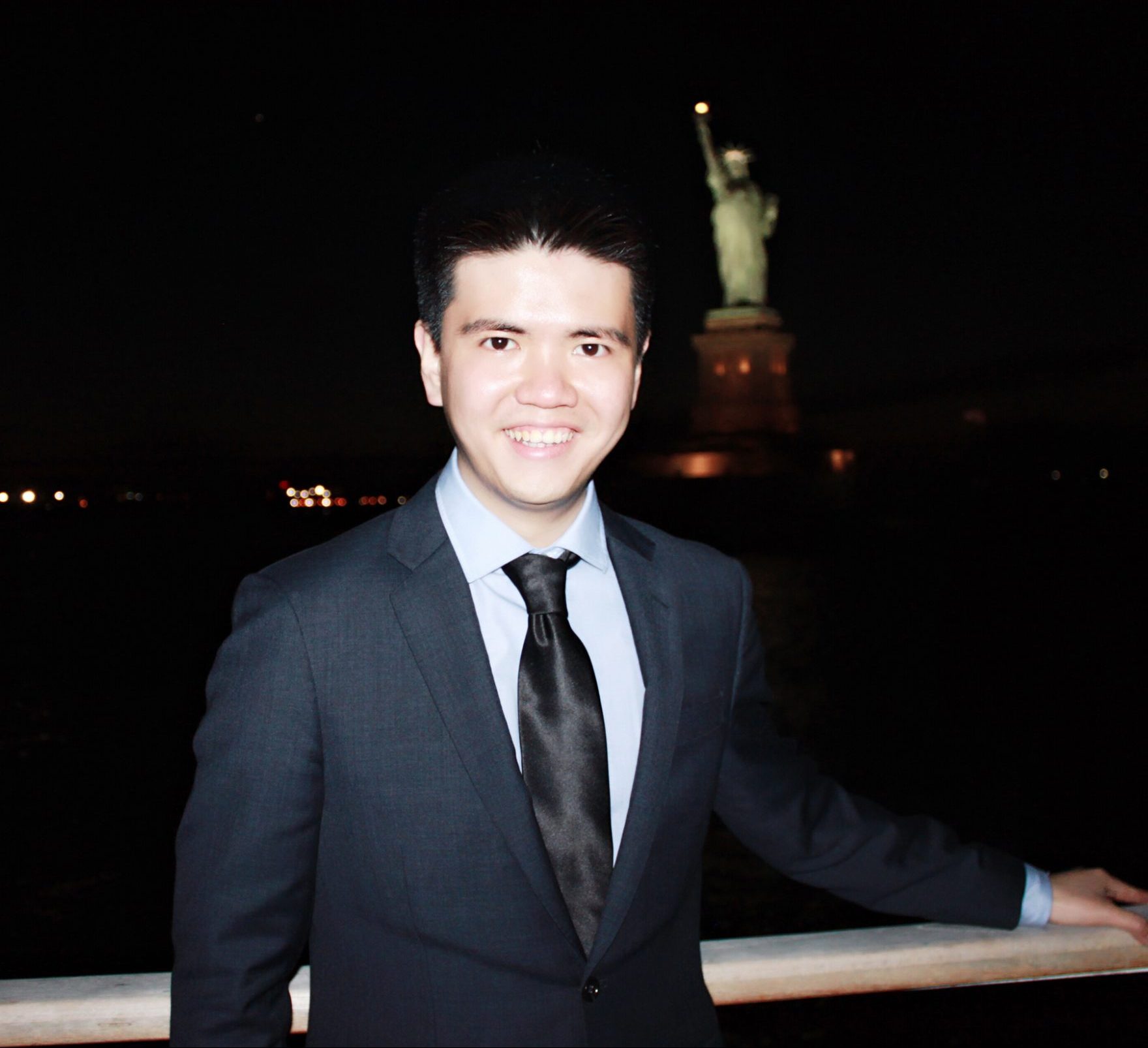The Netflix series “The Politician” tells the story of Payton Hobart, an ambitious high school student who aspires to become the president of the United States. Payton is driven and determined; as he says himself, “I am on my singular path.” He sets precise goals for each phase of his high school life and meticulously plans each step he takes along the way, such as taking part in unique extracurricular activities, studying multiple foreign languages and — most importantly — becoming the president of his school’s student government.
Season 1 of the show is told from Payton’s fairly mature but relatively unexposed vantage point. He doesn’t quite comprehend the reality of the world beyond high school, and he isn’t impacted by external constraints such as the interests of parties and donors. This perspective puts some of the purer dynamics inherent in our society, and the fundamental sociological drives behind politics, in stark relief.
In my opinion, the most interesting facet of “The Politician” is the beautiful yet brutal intricacy underlying the ambition and aggression of the protagonist and, in fact, our society.
Authenticity
In Episode 1, Payton is on stage in a fierce debate with his opponent, River, for the position of student government president. While Payton gives a long and inspiring speech about how he plans to reform his school for the better, his opposition mainly discusses his own story of suffering from clinical depression and his tendency to have suicidal thoughts.
River lays bare all of his vulnerabilities to the audience without any reservations. He explicitly states that he can’t find any purpose in life. It is hard for the audience not to feel the same hollowness that River does and understand why he has dark thoughts. His voice seems to come from the very bottom of his heart; he comes off as absolutely authentic.
After the debate, the strategists on Payton’s team begin to worry about Payton’s chances of winning the election because he will have a hard time competing with how “authentic” his opponent is on stage.
Another scene also highlights the importance of authenticity in “The Politician.” At the beginning of the episode, after River has sex with his girlfriend, he tells her that he knows she was faking satisfaction. River’s girlfriend tells him that she will pretend to be authentic next time. River immediately replies that he doesn’t want her to feign being authentic, but wants her to be “authentically” authentic.
Room is left here for a debate about the true value of authenticity. Why is it so important? If “fake authenticity” can achieve the same purposes as true authenticity — making it easier to connect with others, especially intimate partners, for example — does “authentic authenticity” still matter?
You may also be wondering why authenticity is so important in a student government election. The goal of a politician is to solve problems for a community and figure out ways to improve the lives of its members. Why should Payton’s team worry about his opponent’s authenticity?
Well, authenticity matters because in both relationships and politics, authenticity is a ticket to further conversations. A person will be trusted only if they are — or at least appear to be — sufficiently genuine. River would like “authentic authenticity” from his girlfriend, and the student body wants it from their president.
Just as trust is integral in a relationship, as it involves an investment of both emotion and time, it is similarly crucial in politics, as voters have an investment in their futures.
Authenticity can also break down communication barriers and enhance the quality of communication. Communication is effective only when it is also authentic, especially when something important is at stake.
Happiness
Payton has ambitious goals and strong motivation. It seems nothing can shake his determination to follow his plan, which leads to his ultimate goal of becoming the president of the United States. As a person with such clear and important aims in life, he should be really happy and motivated, right? Wrong. The show reveals the brutal truth of Payton’s world during a conversation he has with River.
When River asks him if he is happy or not, Payton falls silent and stares at River in surprise. Then he begins to cry and says, “I try to be,” as he proceeds to sob uncontrollably. How can a person as motivated as Payton be like this? He is obviously lost. What he’s pursuing is not something that intrinsically motivates him.
As viewers, we may ask, “What makes him — or any of us — happy?” If the goal of life is to pursue happiness, isn’t it paradoxical to feel lost and unhappy when we’re doing things that we truly believe will make us happy?
Love
We may then begin to question what the purpose of life is. The most interesting contrast of the show may give us one clear answer. At the beginning of the series, Payton finds out that River is also running for president of the student government. Payton angrily questions River and firmly expresses to him that becoming president of the U.S. — and first, the student government — is his only pursuit in life, and he is determined to achieve his goal, no matter the cost.
However, along the way, Payton indirectly questions himself by inadvertently caring about River too much, especially after his death. The two extreme sentiments display the dual worlds of Payton, and it’s what makes the show so fantastic. I believe it resonates with people from the deepest parts of their hearts. We are human beings, and we are genetically programmed to long for connection with others.
The last question you may ask is, “Why does Payton so desperately want to become ‘The Politician’?” Based on my thoughts above, what do you think?

















